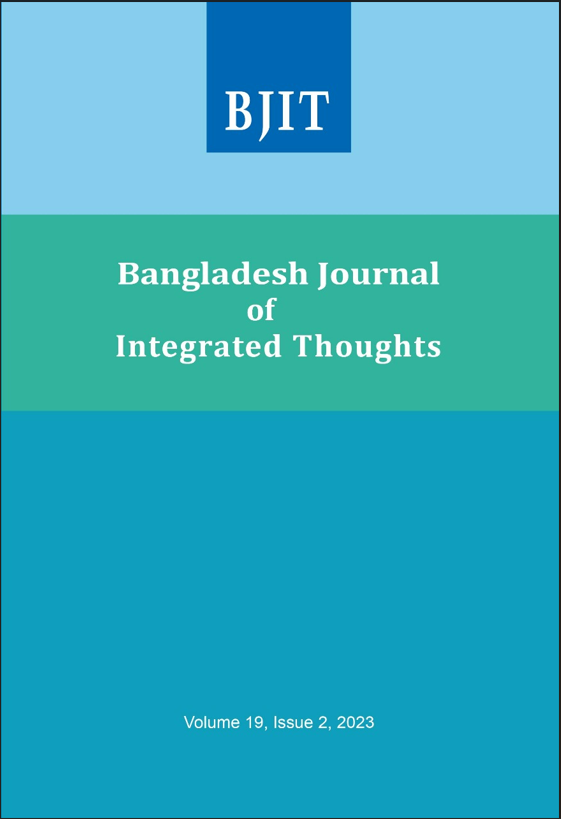Islamic Stewardship and Global Climate Action: Examining the Role of OPEC+ Post-Paris Agreement
DOI:
https://doi.org/10.52805/bjit.v19i2.300Keywords:
Islamic environmental ethics, Paris Agreement, OPEC+, Renewable energy, Sustainable developmentAbstract
This article explores the intersection of Islamic law and global climate strategies, focusing on the influence of OPEC+ member nations on Bangladesh in the post-Paris Agreement era. It demonstrates how the Islamic legal frameworks of OPEC+ countries, such as Saudi Arabia and Iran, can be aligned with global climate accords to create policies that are both culturally relevant and ethically sound. The research highlights the diverse interpretations of environmental stewardship within Islamic legal traditions and how this diversity can contribute to shaping international climate governance. For Bangladesh, a predominantly Muslim country facing significant environmental challenges, there are valuable lessons to be learned from the practices of OPEC+ members in integrating Islamic principles with climate initiatives. The article offers actionable recommendations for Bangladesh, including the incorporation of Masaalih Mursalah (public interest), the alignment of legal structures with the principle of Tawhid (the oneness of God), and the establishment of a National Islamic Environmental Council. By adopting these approaches, Bangladesh can enhance the effectiveness and cultural relevance of its climate efforts, contributing to a more just and sustainable global climate policy framework.




